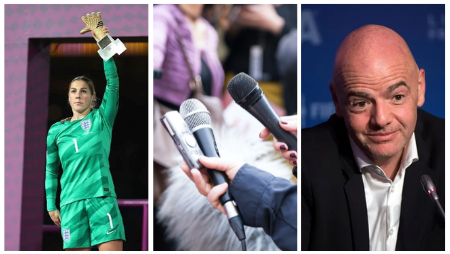
Women’s World Cup 2023: The good, the bad and the stupid
Read an emotive and thought-provoking personal reflection from one of our team about the 2023 Women's World Cup.

Published
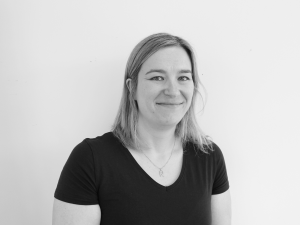
Written by Rachel Williams, Women in Sport’s Policy and Public Affairs Manager
It’s Autumn Statement week!
Are you excited?! Have you got over the adrenaline rush of the announcement of an investment zone in Wrexham?!*
OK fine. Beyond those of us who are political nerds by both inclination and job description, I know it’s not exactly a red ring around the date on the calendar moment. It’s important, though, or at least it can be.
Now clearly Women in Sport isn’t an economic think tank – which is good because God knows I’m not an economist – but it still would’ve been nice to have something to say to really be part of the conversation after what is a big moment for the political nerd community. And, of course, for all our bank balances.
But in truth there’s nothing in the Autumn Statement for us to shout about. No new investment for women’s sport, or girls’ PE or even a huge amount for the swimming pools that we know women and girls use more than men and boys. No move towards gender budgeting for sport or towards the return of the gendered impact assessment of the whole economic package that used to occur back in the day.
So why am I writing this? And more to the point, why are you reading it?
Well, there is one issue that is relevant to our work that was touched on in the Autumn Statement. It’s an issue we don’t talk about enough as a society. And so we’re taking the opportunity of A Big Political Moment as an excuse to say: let’s talk more about gendered health inequalities.
The Royal Osteoporosis Society
NICE
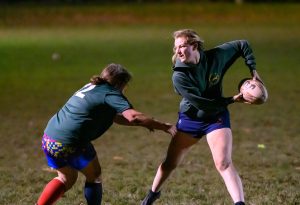
One of the government’s main aims with the measures in the Autumn Statement is to get more people who are currently out of work because of their physical and mental health back into work. There are plenty of people better qualified than me who can tell you whether how they’ve proposed to do this will work. But here’s the (first) thing: we know there are a number of really serious health conditions, the sort of stuff that will make life really tough and make work impossible, which women have more than men. Currently we’re not really doing anything as a society to fix this.
It’s not fair that we’re so much more likely to break bones or be depressed or in pain just because we’re women.Rachel Williams, Women in Sport
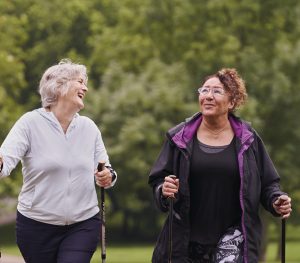
And this isn’t even to touch on the different – worse – way women are often treated by the health services or the ways these inequalities affect certain groups of women (especially women from diverse communities and less economically comfortable backgrounds) more severely. There’s a lot to talk about.
We have to start getting serious about tackling these inequalities. It’s not fair that we’re so much more likely to break bones or be depressed or in pain just because we’re women. But here’s the (second) thing: sport and physical activity could help to start to do this, to help to support women to lead healthier, happier, freer lives.
Which is why it’s so tragic and so bloody infuriating that women are still less active than men at every stage of their lives, are still being stereotyped away from sport – you’re a princess! Don’t get dirty! Girls don’t like sport! – from a ridiculously young age. On top of that, we’re still doing about a billion times more than our fair share of the unpaid care work that society relies on to avoid grinding to an absolute halt. We can’t stand for this anymore. We have to unlock the benefits and joy of sport and physical activity for women and girls once and for all.
I’m biased obviously, but thank goodness Women in Sport exists to do exactly that.
*I’m from Wrexham, I’m allowed to make this joke.

Read an emotive and thought-provoking personal reflection from one of our team about the 2023 Women's World Cup.
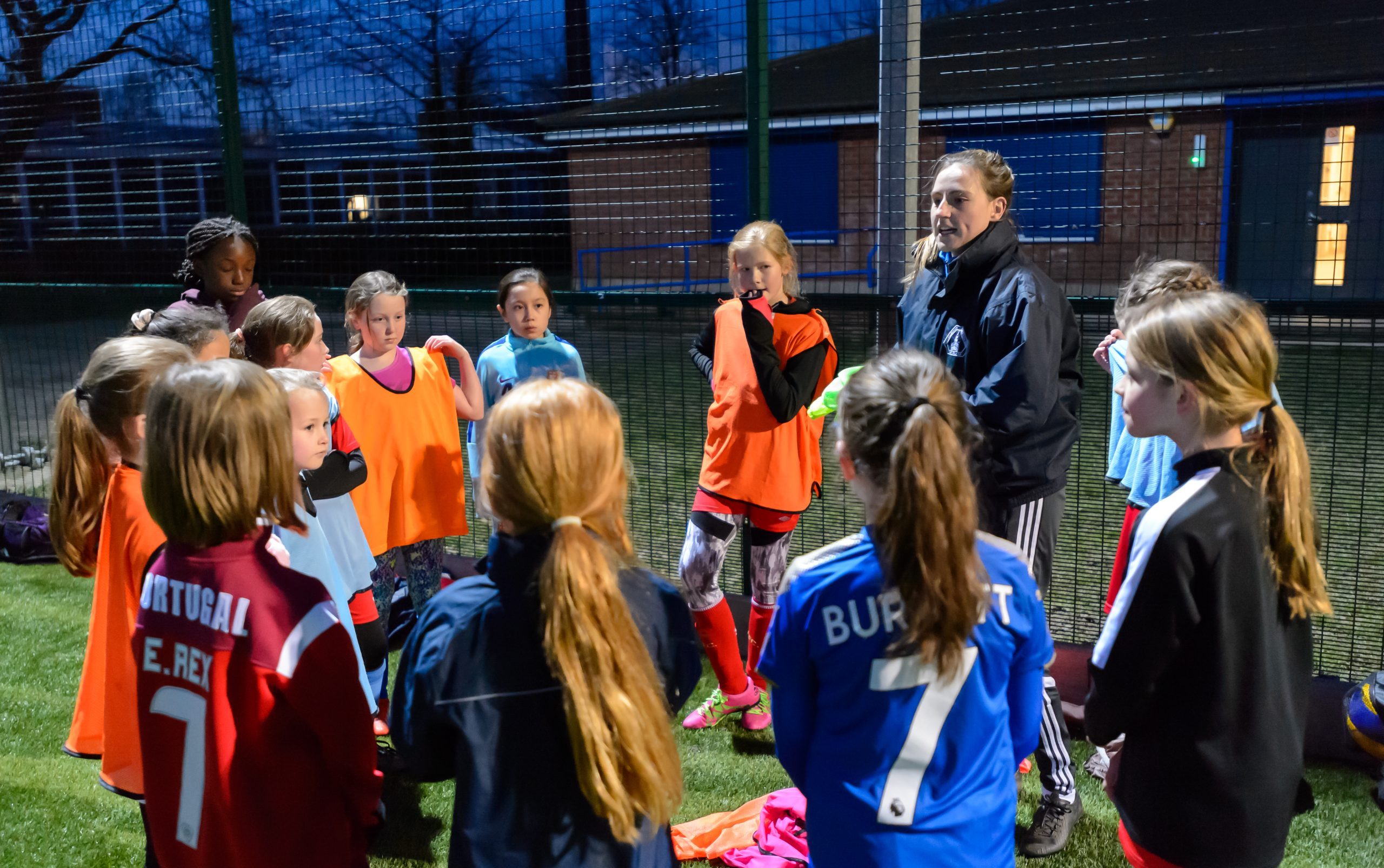
Money spent on sport and physical activity is not shared fairly between men and women. We’re calling on sport, policymakers and the government to focus on gender budgeting and deliver fair funding for women’s sport.